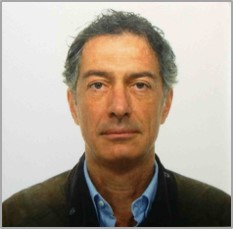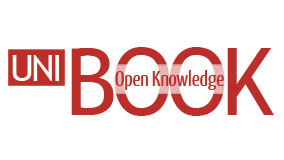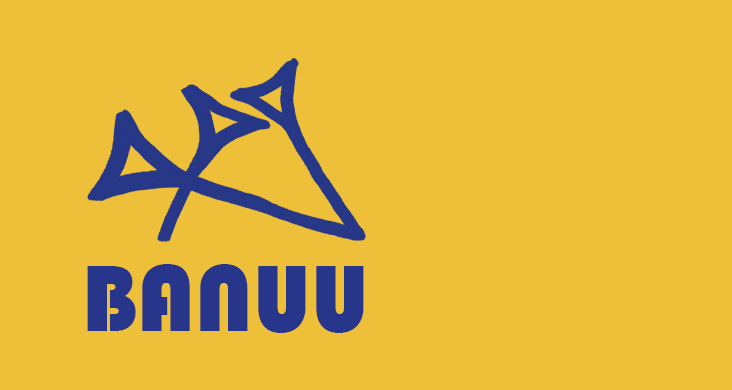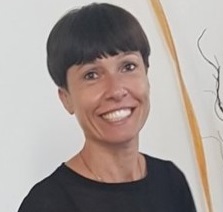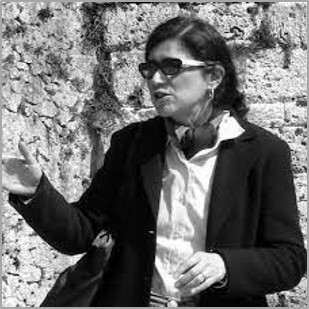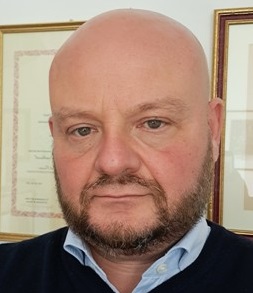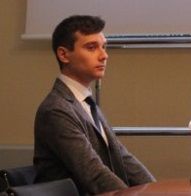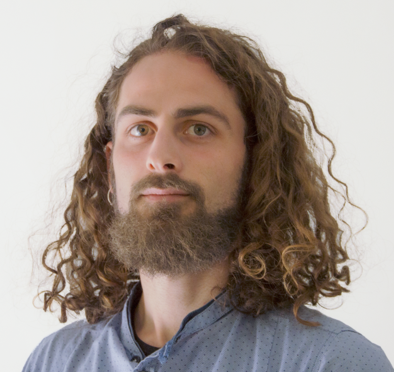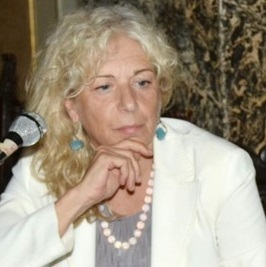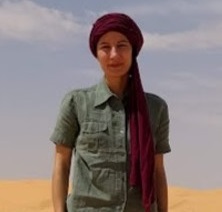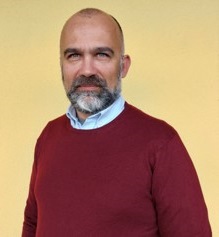Preventive Archaeology represents the best available method for addressing the preservation and characterization of buried historical heritage in relation to modern economic development. A repertoire of remote and field practices is organised within a multi-scalar methodological framework and toward the aim of assessing and documenting the “archaeological risk”, or the potentiality of an ancient context to lay hidden underground.
This MOOC on “Preventive Archaeology” is the result of a shared endeavour between experts from both the public/academic and private sectors, having a distinctive knowledge and training in archaeology and cultural heritage. This cooperation provides the MOOC with a transversal perspective, addressing the involved issues through different points-of-view and approaches, with the result of providing multiple solutions. In detail, the contents include the educational paths and legislative frameworks related to the archaeological practice, the different tools available to the archaeologists to record and preserve historical evidence and a focus on some case studies concerning cultural heritage endangered by the development of settlements and landscapes.
The MOOC is firstly addressed to European and Western Asian students and scholars interested in archaeology and cultural heritage: in fact, its structure and content allow any individual interested in such subjects to be able to acquire this specific knowledge in a clear and comprehensive way.
This MOOC is structured around four THEMES, in addition to a THEME 0 Introductory. Each THEME has modules and lessons consisting of texts, images, videos and quizzes.
- THEME 1. Framing the archaeological risk
- THEME 2. Monitoring the archaeological risk
- THEME 3. Investigating the archaeological risk
- THEME 4. Case-studies in archaeological risk
This MOOC has been funded with support from the European Commission in the frame of the project "BANUU. Designing New Pathways for Employability and Entrepreneurship of Iraqi Students in Archaeology and Cultural Heritage" (610191). This MOOC reflects the views only of the author, and the Commission cannot be held responsible for any use which may be made of the information contained therein.
A first pilot edition, delivered with different methods, was carried out from 13th May to 31st August 2023.
Quizzes and scores
The course includes quizzes that will be evaluated and each correct answer is counted as 1 point.
The course is considered successfully completed if the participant answers correctly at least 60% of the questions in total.
After successfully completing the course, you can download and print out the Certificate of Accomplishment.
Certificate of Accomplishment
The Certificate of Accomplishment will be released to anyone who has successfully completed the course by answering correctly to at least 60% of the questions by the end of the edition.
You will be able to download the Certificate of Accomplishment directly on the "Progress" tab inside the course.
The Certificate of Accomplishment does not confer any academic credit, grade or degree.
Course Professors
Nicolò Marchetti
Nicolò Marchetti is Full Professor of Archaeology of the Ancient Near East at the Department of History and Cultures (DiSCi) of the University of Bologna. He directs archaeological excavation projects in Turkey at Karkemish and in Iraq at Nineveh. He has also coordinated several national and international research projects, including the EU-funded ARCHAIA, HeAT, WALADU, EDUU and, currently, BANUU. He currently coordinates the Volkswagen Foundation-funded project KALAM which aims at protecting endangered archaeological landscapes in Iraq and Uzbekistan. He is the editor of the open science website orientlab.net.
Federica Boschi
Federica Boschi is Associate Professor of Methods of Archaeological Research at the Department of History and Cultures (DiSCi) of the University of Bologna. She is particularly interested in non-invasive survey methods, preventive archaeology and landscape archaeology, for research, mapping and conservation purposes. She coordinates national and international research projects (including the EU-funded TEMPUS and the archaeological excavation and survey project ArcheoNevola), collaborating with various European and non-European institutes. She is co-responsible for the Tolomeo Lab and associate editor of the peer-reviewed e-journal GROMA. Author of numerous scientific publications, she has been invited to present the results of her research at various national and international conferences.
Elena Calandra
Elena Calandra is currently Director of the Italian Central Institute of Archaeology at the General Directorate for Archaeology, Fine Arts and Landscape, Ministry of Culture. Her experience in the field of heritage management is based on a progressive career as a civil servant in the public cultural institutions. She has held multiple courses and seminars in Italian and international universities and research centers.
Claudio Calastri
Claudio Calastri graduated and specialised in Classical Archaeology at the Alma Mater Studiorum - University of Bologna. He holds a PhD from the University of Campania “Luigi Vanvitelli”, and is lecturer in Archaeology and History of Roman Art at the Alma Mater Studiorum - University of Bologna. He is currently manager of the archaeology company Ante Quem S.r.l., for which he has directed over 160 archaeological excavations, and vice-president of the association of Italian archaeological companies “Archeoimprese”.
Gabriele Giacosa
Gabriele Giacosa is currently Research Fellow at the University of Bologna. He obtained a PhD in History and Archaeology in 2021 at the University of Bologna, after spending research terms at Durham University (UK) and the American University of Beirut (Lebanon). His research interests revolve around the study and enhancement of the ancient material culture of south-western Asia. He has participated to several archaeological expeditions in Italy, Turkey and Iraq.
He is currently member of the coordination team of the BANUU and KALAM projects.
Maninder Gill
Maninder Gill, is the Director for the Environmental and Social Standards Department in Operations, Policy and Country Services (OPCS) at the World Bank, and concurrently the Chief Environmental and Social Standards Officer (CESSO), since July 2021. Prior to that he has hold the position of Global Director, Environmental and Social Framework (ESF), Director, Social Development and earlier Director responsible for the design and implementation of the World Bank’s internal institutional reforms. Mr. Gill joined the Bank in 1995 and has held several positions in the social development sector over the years, including Sector Manager for the social development units in the Bank’s Europe and Central Asia Region, and the Latin America and Caribbean Region. Earlier in his career, Mr. Gill worked in the Indian civil service as Director of Rural Development Programs and Manager for Resettlement on large hydro-cum-irrigation project. Mr. Gill is an Indian national and holds an MBA in Finance and Marketing from Punjabi University.
Giuseppe Guarino
Giuseppe Guarino is currently PhD candidate in Archaeology at the University of Bologna. His current research focuses on the study of ancient cities through the application of non-invasive techniques (Geophysics and Remote Sensing). He has gained various experiences working in important archaeological sites such as Agrigento and Pompeii (Italy), and in the archaeological missions of Karkemish (Turkey) and Nineveh (Iraq). He conducts research in collaboration with the Italian Space Agency and the National Research Centre on the study of satellite images to mitigate the threat quarry constructions close to archaeological sites.
Monica Miari
Monica Miari is currently Head of Archaeological Heritage Area of the Superintendence of Archaeology, Fine Arts and Landscape of Bologna. She has a 25 years' experience as public servant involved in the protection and enhancement of the archaeological heritage. Her scientific research focuses on prehistory and protohistory, with particular emphasis to land occupation, settlement organisation and funerary rituals. Since 2018 she has been president of the Italian Institute of Prehistory and Protohistory.
Valentina Orrù
Valentina Orrù is currently PhD student at the University of Bologna since 2022 with a project on the settlement patterns of pre-classical southern Mesopotamia.
Her research interests are mainly aimed at the study of ancient landscapes with particular attention to remote sensing investigations and field applications of artificial intelligence. She has participated to several archaeological expeditions in Iraq, Turkey and Uzbekistan.
Cristiano Putzolu
Junior assistant professor in Methodology of Archaeological Research from February 2022, Cristiano Putzolu have been working with GIS, archaeological survey and Digital Archaeology for a couple of decades.
His research interests include digital archaeology, landscape archaeology, and recent prehistory. He is involved in several research projects as an expert in GIS and surveying and he has numerous participations in national and international conferences and several publications in scientific volumes and journals.
